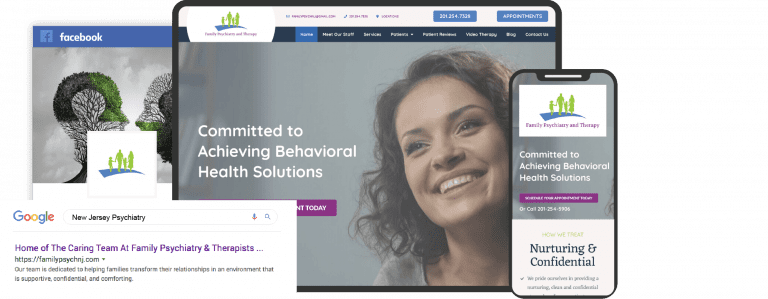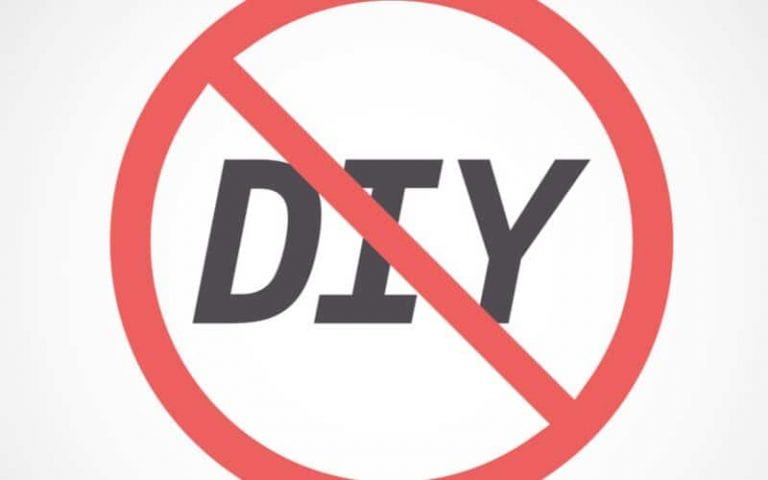For doctors, dentists, and Other Healthcare professionals.
Negative reviews can be crippling to any business, especially if the business is still fairly young. These negative reviews damage the reputation of the business. It is even more damaging if the business doesn’t respond to these negative reviews. Dealing with negative reviews is not as hard as expected; you may even use them as a marketing and branding opportunity.
A business can’t ignore negative reviews as you won’t be addressing the reviewer. Everyone who looks at the business review is part of the audience. Addressing the negative review is an opportunity to make things right. For instance, if one of your customers raises a complaint in person, the business will try to right the wrong. This same approach should be used for online reviews.
Responding to negative reviews shows your audience that your business is not shady and doesn’t neglect customer feedback. It also shows your target audience that the business will take steps to ensure that no other customer goes through the same ordeal.
To salvage your business’ reputation, you must respond to a negative review quickly and strategically. Below is a simple guideline on how your business should respond to a negative review in a polite and respectful manner.
Apologize and Sympathize
All businesses operate under the mantra “the customer is always right.” Going by this, acknowledge the customer’s concerns no matter how unfounded and false they are. Show them you are sorry they had a bad experience using your services or products.
Employ Some Marketing Elements
Use language that other customers will relate to their experiences. Acknowledge the shortcomings that led to the customer’s bad experience. An example of such a response is “Our business is well known for enhancing our customers’ experience by paying close attention to detail. We are extremely sorry that we overlooked that detail in our dealings with you.”
Move the Conversation Offline
If the person is being difficult, provide them with your business or representative contact information to discuss the problem. This will help you limit the damage your business gets if the person is unreasonable. It is important to remember that negative scenarios will linger longer on the other customers.
Keep Your Response Short and Simple
While addressing the negative review, don’t offer the reviewer too much information or counter their queries with questions. This will make the customer feel like they are being attacked. They will go on the defensive, which might cause them to leave more negative reviews. They might also use your information to raise more unfounded accusations that will further damage your reputation. Limit your responses to three or fewer sentences and use respectful language.
By sticking to this simple and detailed guideline, you can navigate responding to negative reviews and comments.
Don’t let one bad review ruin your business
Responding to a bad review from a patient requires a thoughtful and professional approach. Here is a recap of top tips for crafting a constructive response:
- Stay Calm and Composed: Take some time to process your emotions before responding. Avoid responding impulsively or defensively. Stay calm and composed throughout your reply.
- Acknowledge the Feedback: Begin your response by acknowledging the patient’s feedback and thanking them for sharing their experience.
- Apologize and Show Empathy: Offer a sincere apology for the patient’s negative experience. Show empathy by acknowledging their feelings and concerns.
- Keep it Private: Avoid discussing specific details of the patient’s case or issue publicly. Instead, invite them to reach out privately to discuss the matter further and find a resolution.
- Take Responsibility: Even if you believe there was a misunderstanding or the patient’s perspective differs from yours, take responsibility for their experience. Focus on addressing their concerns rather than proving them wrong.
- Stay Professional and Polite: Maintain a professional and courteous tone in your response. Avoid engaging in arguments or heated discussions.
- Provide an Explanation (if appropriate): If a genuine issue led to the negative experience, provide a brief and factual explanation. Be transparent but avoid being defensive.
- Highlight Positive Aspects: If possible, mention some of the positive aspects of your practice or service without dismissing the patient’s concerns.
- Propose a Resolution: Offer to resolve the issue or address their concerns. Depending on the situation, you could suggest a refund, a follow-up appointment, or an opportunity to discuss the matter offline.
- Reiterate Your Commitment to Improvement: Assure the patient that you take their feedback seriously and that you will use it as an opportunity to improve your services.
- Learn and Improve: Take the negative review as a chance to learn and grow. Use it as constructive feedback to enhance your practice and patient experience.
- Follow Up Privately: If the patient reaches out privately to discuss the matter further, make sure to respond promptly and address their concerns in a personalized manner.
Remember, your response to a negative review can influence potential patients’ perceptions of your practice. Demonstrating professionalism, empathy, and a willingness to address concerns can showcase your commitment to patient satisfaction and care.
Check O360 Reputation Management Service here.














